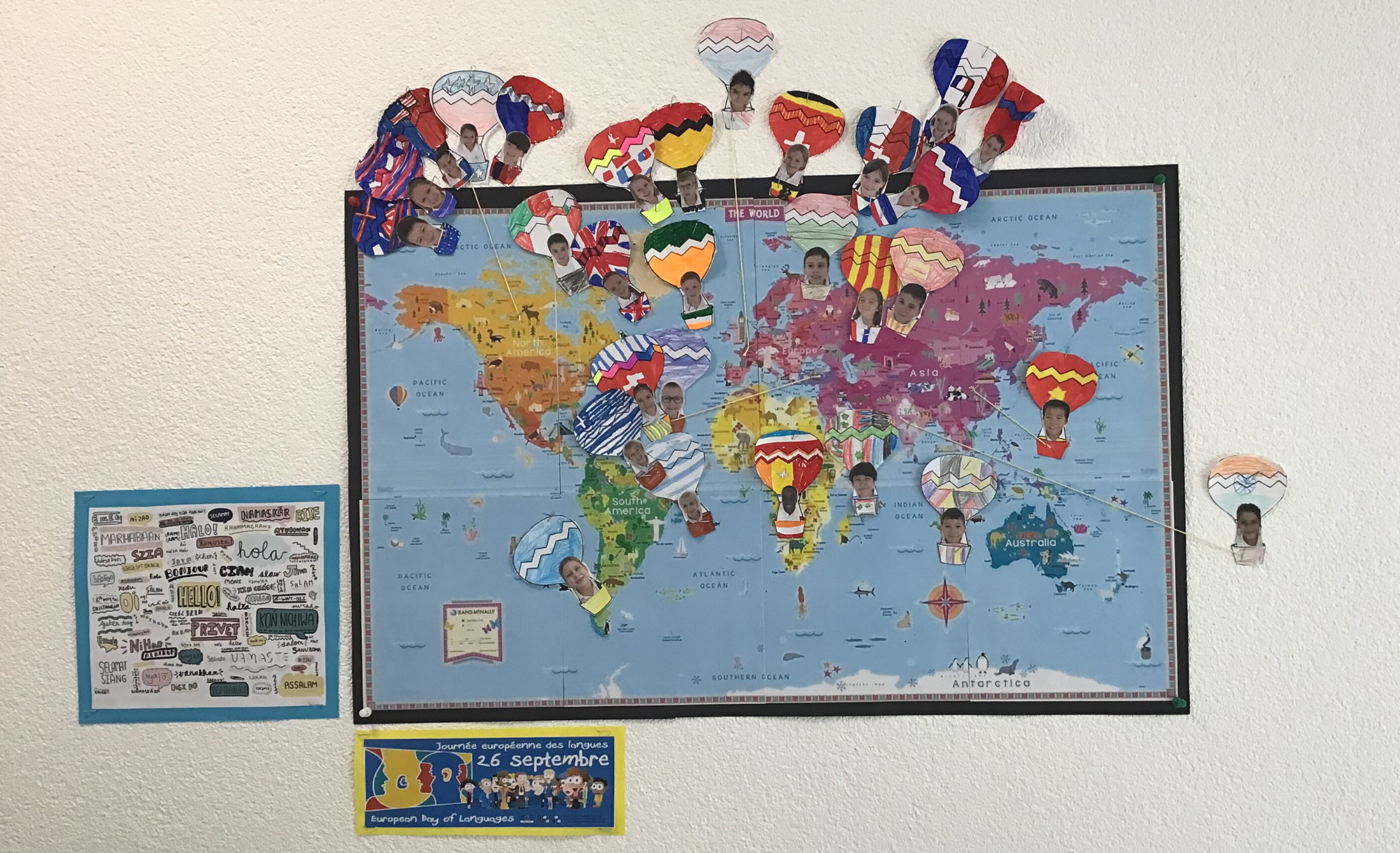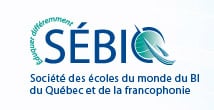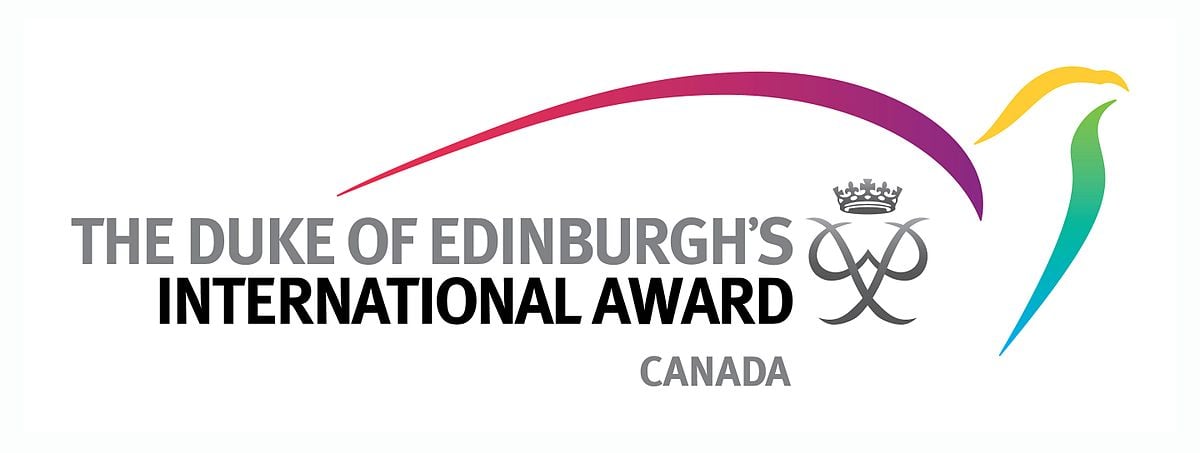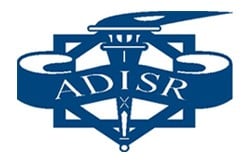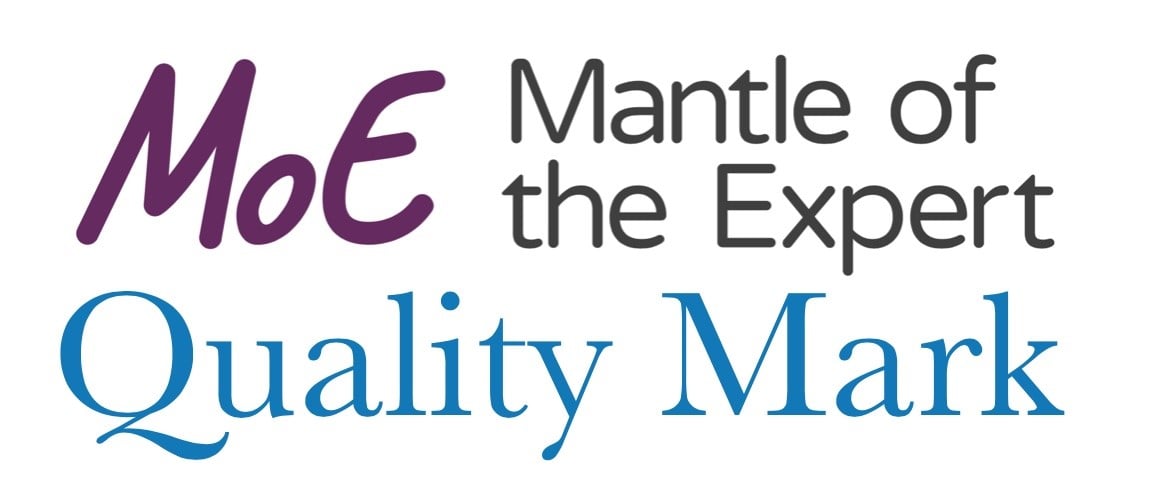I was sitting in an Italian translation class at university one day, when my teacher asked the bilingual students to raise their hands. Educated at Haut-Lac International Bilingual School as I was, I put my hand up. I spoke English and French at home in Switzerland and was studying Italian at university.
The teacher proceeded to say that true bilingualism is only achieved when one can do everything to the exact same level in both languages. Incorrect as his assumption was, it is only one of many untruths spread about bilingualism.
Let’s investigate a few more...
- Absolute mastery is the only real way to be bilingual
If an author begins writing a book that it must be a bestseller, they will likely never begin for fear of failure.
If a scientist performs an experiment that must win the Nobel prize but doesn’t, dissatisfaction will undermine any good their work might have done.
Is it not wrong then to tell students learning multiple languages that to succeed in being bilingual they have to be able to do everything to the same level in each one?
Such attitudes discourage learning. Instead, they make students self-conscious when they should be proud of their linguistic capacity. [1]Only 20% of bilinguals are truly at ease in both their languages, and as such, ‘mastery’ is an inefficient measure of ability.
Students who can interchange their language use and adapt it to particular situations are in fact living the true definition of bilingualism.
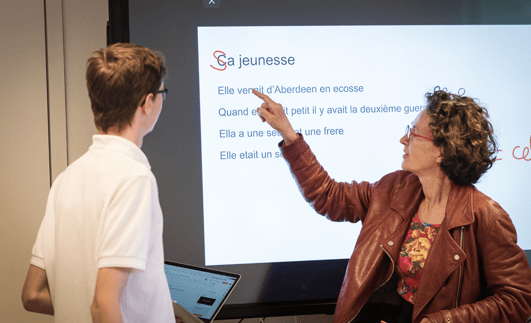
2. A second language can only be learnt at a young age
At Haut-Lac, we encourage students to begin their bilingual journey from a young age because it gives them more time to get comfortable with the concept and with switching between languages.
However, this does not mean older students and adults cannot become bilingual. It is the quality of the teaching and the exposure to the second language that will determine a student’s potential.
That is why our bilingual programme includes an alternating day system in infant and primary and offers the same subjects in multiple languages at secondary level.
- Students should master one language before trying their hand at another
Even as native speakers, we spend our lives developing and learning more about our languages. More interesting to consider is how learning another language can help you to better understand the one(s) you already speak.
For instance, when learning Italian, it is easy to make a parallel with many French grammar rules. I, for one, finally understood why I used the subjunctive in French and that I should have been using it more often than I was!
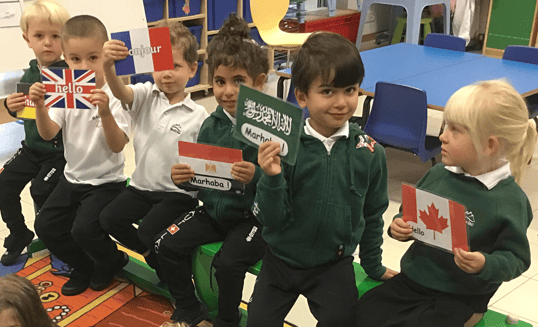
- Bilingualism is a useful, but unnecessary, linguistic skill
We could write a whole dissertation on why bilingualism is becoming more and more necessary in the face of globalisation.
However, one of the most valuable assets a bilingual education can bestow upon a child is curiosity, and all the tools necessary to chase it.
Students explore different facets of a subject depending on the language it is taught in. As such, this helps round out their education and deepens their culturally-specific knowledge.
Different learning techniques are also adopted in different languages. Studying is therefore dynamic, providing students with a wider array of methods to choose from when approaching work.
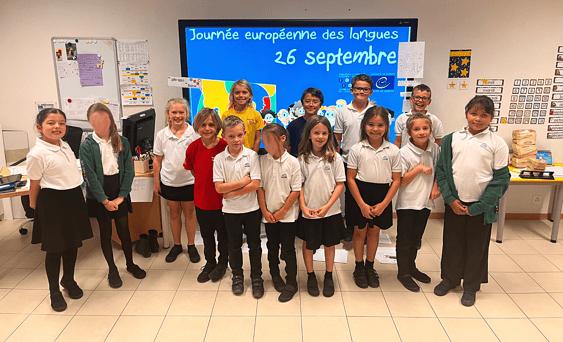
So if someone tries to tell you that you have failed in your bilingual journey because you don’t work the exact same way in both languages, do not be discouraged. So long as your brain can switch languages and adapt to a given situation, you are using your bilingual skills to great effect. Well done!
Katie Harwood
Haut-Lac Alumni
[1] https://www.lefilplurilingue.org/sites/default/files/inline-files/Idees_recues_bilinguisme_EN.pdf


